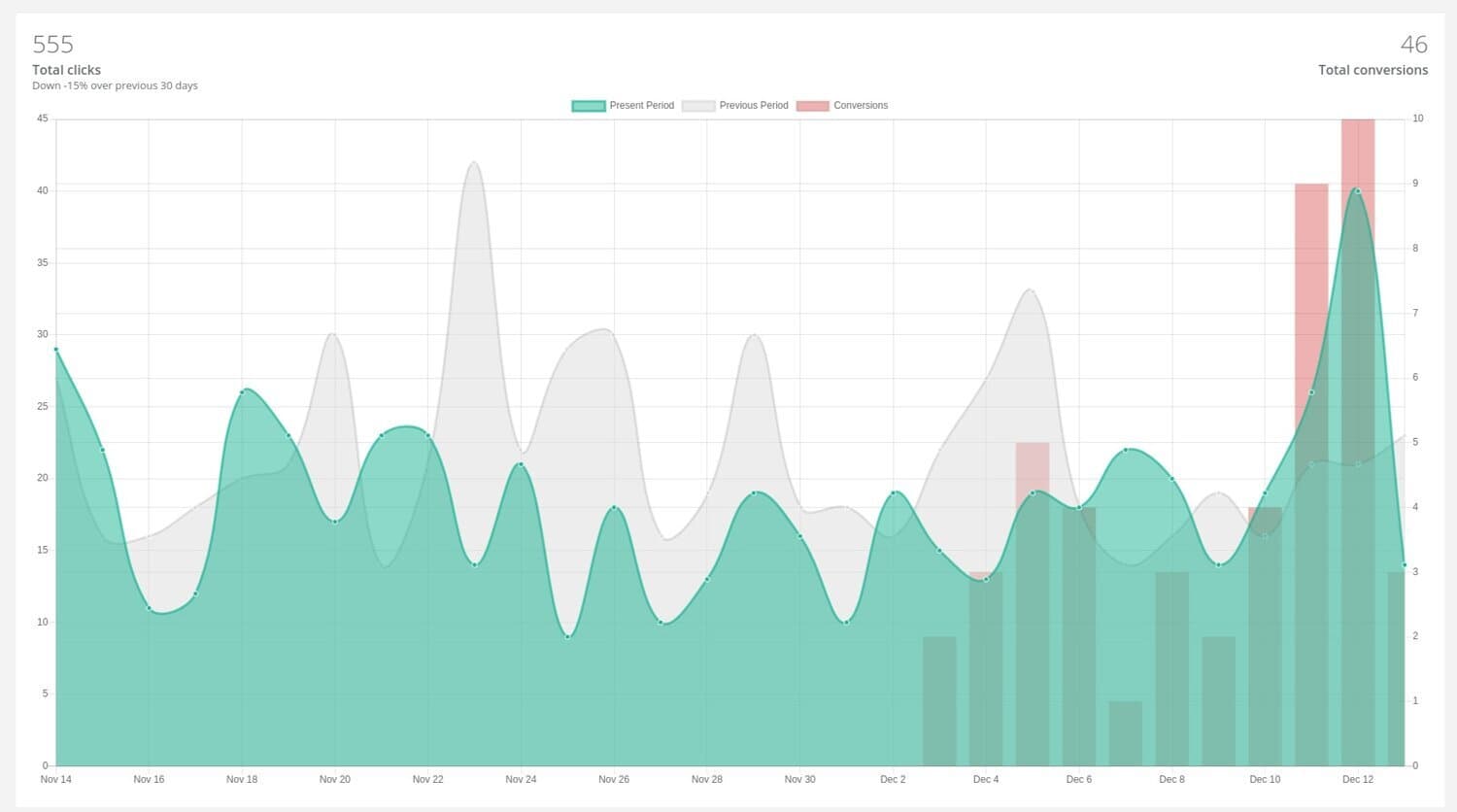List of Custom URL Shorteners
What is a Custom URL Shortener?
A custom URL shortener is a service that generates branded short-URLs that you can share on social media and in marketing campaigns.

Why use a custom URL shortener?
Custom URL shortener click-thru rates
The first and most important reason is click-through rates.
The click-through rate is the percentage of people who actually click through when they see your link.
Rebrandly states that click-through rates can be as much as 39% higher on branded short-URLs.
Brand awareness
The next reason is to help develop your brand.
If your campaign is successful, your link may be shared across multiple platforms, and may even become separated from the post which contained it as people copy and paste.

With a branded link, people will know its yours just by glancing at the link.
Short URL Metrics & Tracking
The final reason is metrics & tracking.
Linkly isn’t just a custom URL shortener, its click tracking software like, you can brand links and also track where people clicked from, which can help you refine your campaign performance. You can also attach retargeting pixels from ad networks such as Facebook, Google and Twitter to build custom audiences.

Ability to Change the Destination after the Fact
Did an offer expire? It doesn’t matter. When using a custom URL shortener, you can change the destination after the fact.
List of Custom URL Shorteners
There are only four custom URL shorteners on the market:
- Linkly
- Bitly Enterprise
- Rebrandly
- Short.cm
All have the same starting price, though Linkly & Rebrandly offer free plans.
Bitly Enterprise is the most expensive. Learn more about Bitly Enterprise pricing.
How do custom URL shorteners work?
Firstly, you need a domain.
This can be a domain you already own, or you can purchase a new one.
If you are using a domain you already own, you can only use a subdomain, e.g. link.mydomain.com, if you already have a website on mydomain.com.
This is favourable, as domains with existing websites are much easier to share than new domains, thanks to spam filters.
You then attach the domain to the custom URL shortener service; doing so is fairly easy (if you are doing this with Linkly, let us know and we can do it for you for free).
Generally this means logging into your domain provider, editing the DNS settings, and adding a CNAME record for the custom URL shortener.
Custom URL Shorteners and Vanity URLs
A custom URL shortener will generate you a link that looks like:
mydomain.com/l/4bf
Where the suffix l/4bf is an autogenerated code that links to your destination.
Custom URL shorteners like Linkly go a step further, and allow you to generate vanity URLs.
Vanity URLs allow you to customize both the domain and the suffix.
For example:
mydomain.com/my-offer
Using a vanity URL makes a lot of sense, as we want to communicate to the potential visitor an idea of destination will be, to help encourage a click.
Using domain hacks with custom URL shorteners
What is a domain hack?
A domain hack is a clever use of a TLD (top level domain) to get a name that visually looks like your brand.
A good example might be pep.si - a genuine domain of Pepsi Drinks.
Generally speaking, you’ll want to attach your ‘domain hack’ domain name to your custom URL shortener so you can use it whenever you like.
Finding domain hacks
There have been hundreds of new TLDs added, and many are under used.
The best way to find domain hacks is using Namecheap’s search tools and clicking ‘Beast Mode’ and then ticking the domain hacks checkbox.

